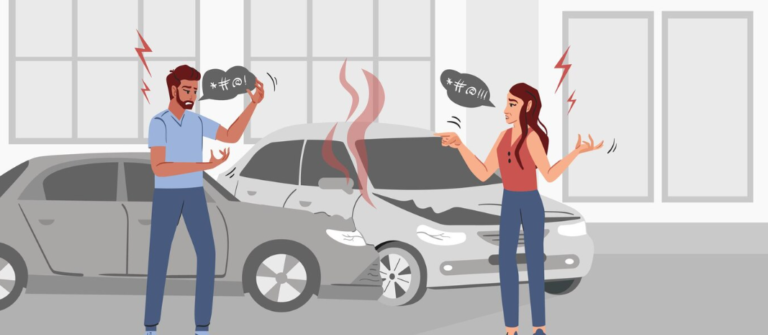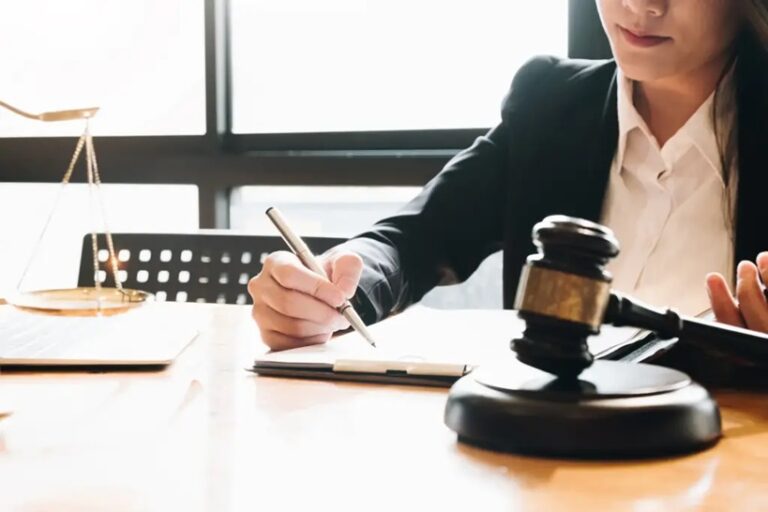
Car accidents can be stressful and frightening. Whether it’s a minor fender bender or a more serious collision, knowing what to do immediately after can make a significant difference. This blog post will guide you through the essential steps to take after a car accident, helping you stay calm, collected, and safe. By the end, you’ll know how to handle the situation effectively, ensuring that you protect yourself, gather necessary information, and understand your rights.
First Steps at the Scene
Safety First
The very first thing to do after a car accident is to ensure everyone’s safety. Check yourself and others for injuries. If anyone is hurt, even if it’s minor, call emergency services immediately. Move your vehicle to a safe location if it’s drivable and doesn’t cause further danger. Turn on your hazard lights to alert other drivers.
Staying safe is paramount. By securing the scene, you minimize the risk of additional accidents. Keeping calm and assessing the health of everyone involved helps reduce panic and ensures timely medical assistance if needed.
Contacting Emergency Services
Regardless of the accident’s severity, notifying emergency services is a wise decision. They will provide necessary medical help and document the incident officially, which can be crucial for insurance and legal reasons. The police report can offer an unbiased account of the events, useful for any disputes or claims.
Involving professionals is essential. Their expertise can diffuse tense situations and provide you with guidance on what happens next. They are trained to handle accidents, ensuring everyone’s safety and well-being.
Gathering Necessary Information
After ensuring safety and contacting emergency services, it’s time to gather information from the other driver. Exchange names, contact details, insurance information, and license plate numbers. Having this information at your fingertips helps streamline the claims process and protect yourself legally.
Gathering information doesn’t just assist with insurance claims. It also provides a clear record of who was involved, making it easier to resolve potential disputes. Accurate details are vital in protecting your rights and ensuring a smooth process.
Documenting the Accident
Taking Photos/Videos
One of the most crucial steps after a car accident is documenting the scene. Use your phone or camera to take photos and videos of the damage, positioning of the vehicles, and any road conditions that may have contributed. These visuals serve as critical evidence for insurance companies and legal professionals.
Visual documentation is a powerful tool. It captures the reality of the situation, often clarifying the events leading up to the accident. This evidence can prevent misunderstandings and support your version of the incident.
Writing Down Details
While it’s fresh in your mind, write down your account of the accident. Note the time, date, location, weather conditions, and any other relevant details. A comprehensive written account can support your case and ensure you remember important information.
Writing things down ensures accuracy. Memories can fade, but having a written record keeps the facts clear. This step is vital in maintaining consistency and credibility during any subsequent discussions.
Getting Witness Statements
If there are witnesses, ask for their contact details and see if they are willing to provide a statement. Witnesses can offer an impartial perspective that strengthens your claim and clarifies the events.
Witness statements add another layer of credibility. They support your account and can sway decisions in disputes. Having witnesses on your side can be crucial in challenging situations.
Notifying Your Insurance Company
Understanding Your Policy
Before filing a claim, it’s important to understand your insurance policy and obligations. Know the coverage details and what’s required from you. This knowledge helps you handle the claim process with confidence.
Understanding your policy puts you in control. It allows you to make informed decisions, ensuring you get the coverage you’re entitled to. Knowledge of your policy is your best defense against any unforeseen complications.
Filing a Claim
File your claim promptly and accurately. Provide all the necessary information and documentation to support your case. A well-prepared claim speeds up the process and increases the likelihood of a favorable outcome.
A timely and accurate claim is essential. It demonstrates your commitment to resolving the issue and helps prevent unnecessary delays. Being organized and thorough in this stage is key to a smooth recovery.
Seeking Medical Attention
Importance of Medical Checks
Even if the accident seems minor, seeking medical attention is crucial. Some injuries may not be immediately apparent but can have long-term effects if untreated. A medical check ensures your well-being and provides documentation for any claims.
Medical checks prioritize your health. They detect hidden injuries, ensuring you receive the necessary care. This step is essential for your physical health and legal protection.
Documenting Injuries
Ensure that any injuries are documented by a healthcare professional. Detailed medical records are vital when filing claims or pursuing legal action. They provide evidence of the impact the accident had on your health.
Documenting injuries is a protective measure. It secures your right to compensation and ensures your health needs are addressed. Accurate medical records make your case stronger and more credible.
Legal Considerations
When to Consult a Lawyer
Consider consulting an injury lawyer, like those in Houston, Texas, if the accident involves significant damage, injuries, or disputes over liability. Legal professionals can guide you through complex processes, protecting your rights and interests.
A lawyer provides expertise. They offer clarity and support, ensuring you understand your rights and options. Their assistance can be invaluable in resolving complicated situations.
Understanding Your Rights
Familiarize yourself with your legal rights after an accident. Knowing your rights empowers you to make informed decisions and seek fair compensation. It’s an essential step in protecting your interests.
Understanding your rights is empowering. It equips you to advocate for yourself and ensures you’re treated fairly. Knowledge of your rights is a vital tool in navigating post-accident challenges.
Conclusion
Car accidents can be overwhelming, but knowing the essential steps to take afterward can make all the difference. From ensuring safety and gathering information at the scene to understanding legal and insurance obligations, being prepared is crucial. Stay informed, stay calm, and always prioritize safety. Remember, knowledge is power, and being well-prepared can turn a challenging situation into a manageable one.






